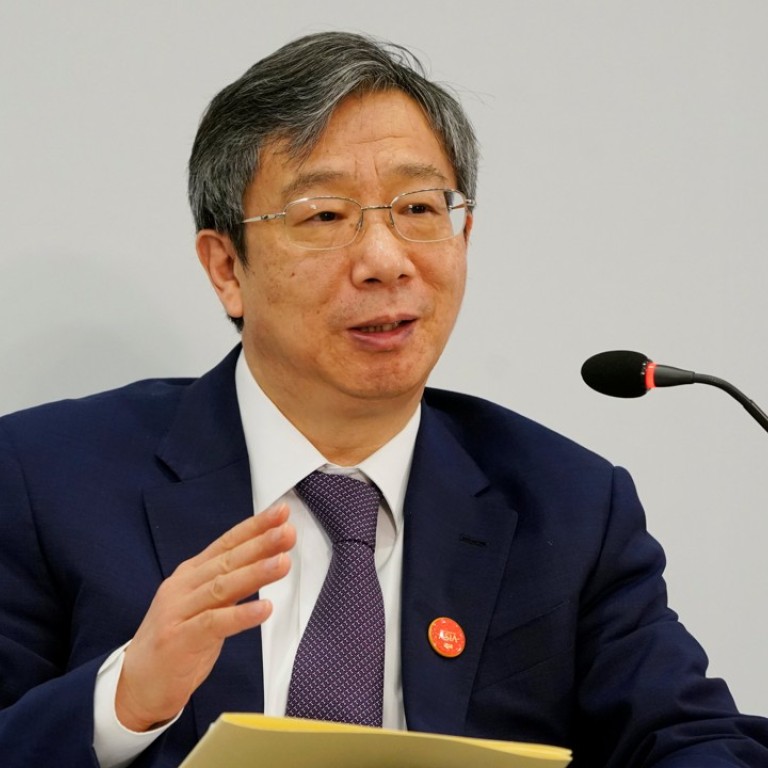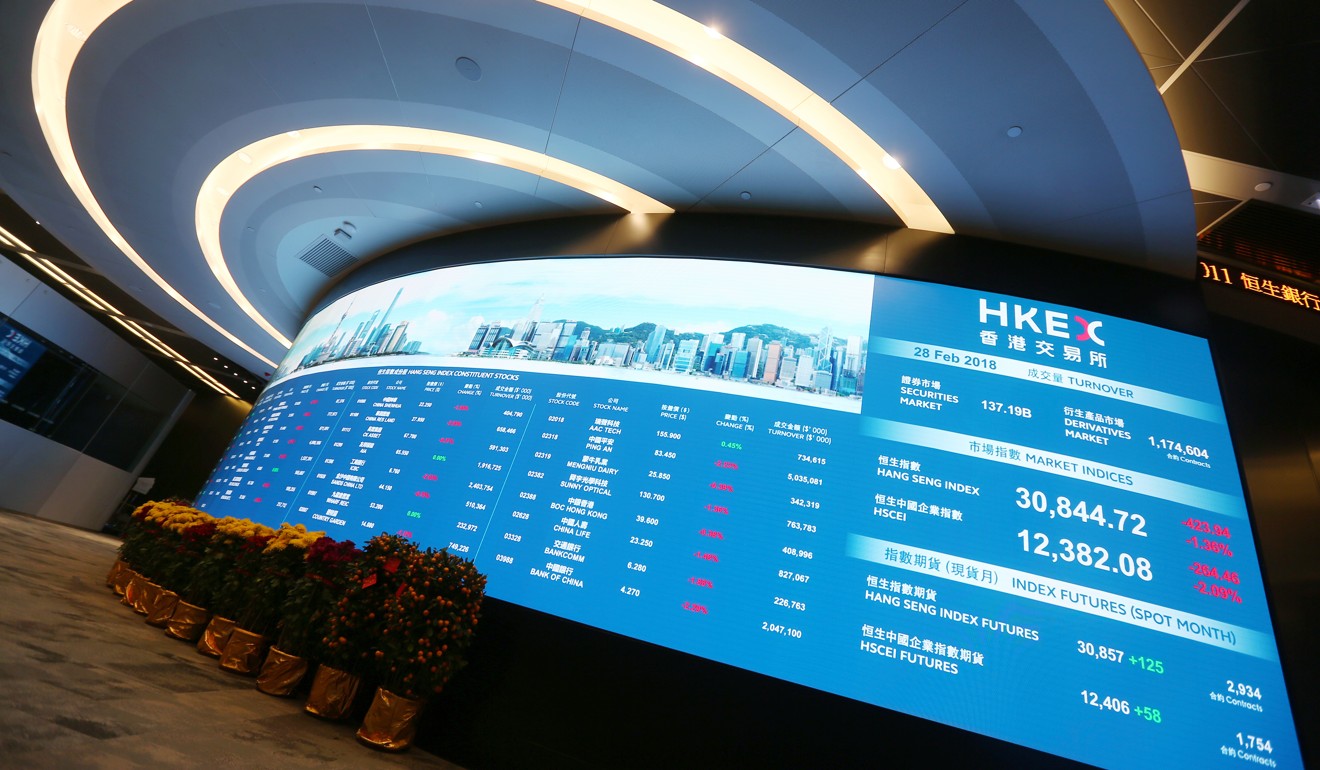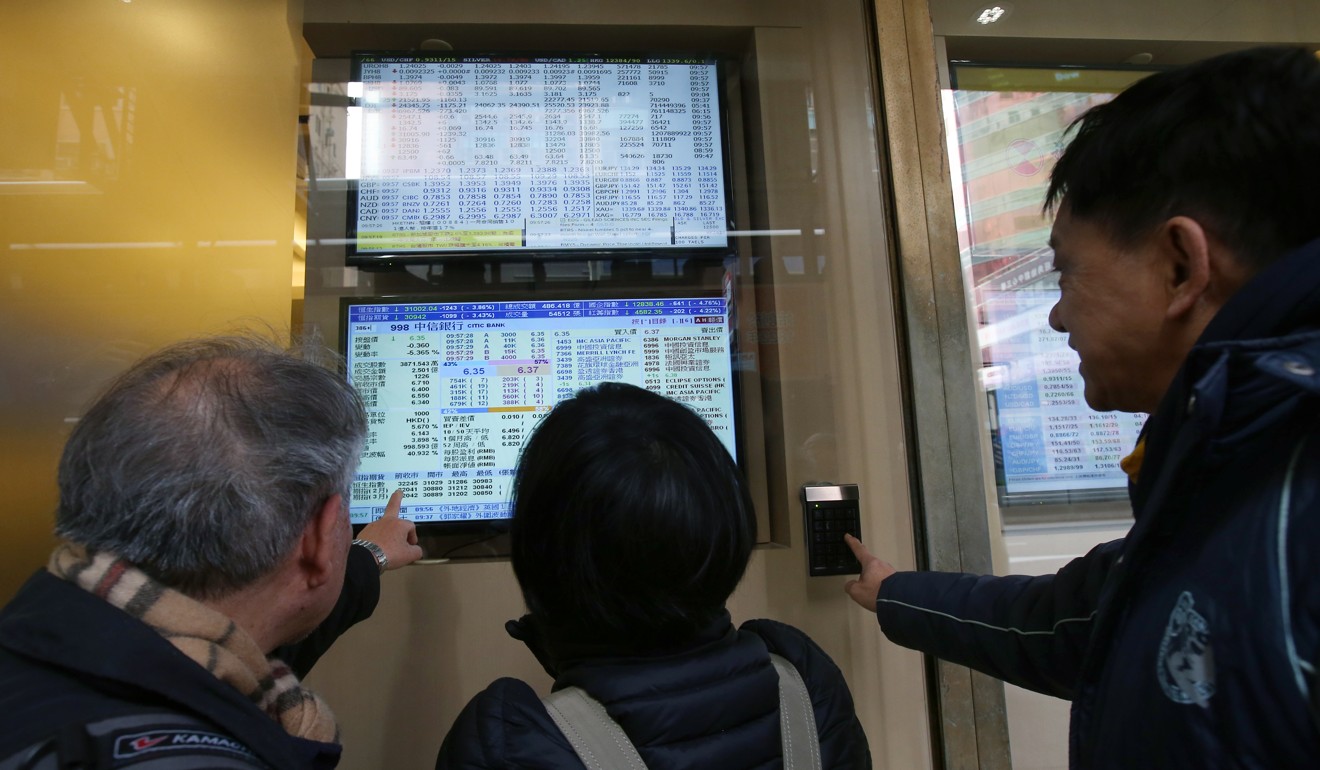
Update | China pledges to open up financial markets amid threat of US trade war
Measures announced include allowing foreign investors to take controlling stakes in brokerage firms. Scale of Hong Kong-China stock connect schemes also to be expanded
China’s central bank unveiled a slew of measures to open up its financial sector to foreign investment on Wednesday, including the removal of foreign ownership caps for banks, as Beijing tries to paint itself as an open economy and a key backer of free trade and globalisation amid a looming trade war with the United States.
Yi said China would allow foreign investors to take a maximum 51 per cent equity stake in brokerage firms, futures companies and fund management firms and will remove foreign equity ceilings totally in these sectors within three years.
China will also quadruple the daily quota on the Hong Kong-Shanghai and Hong Kong-Shenzhen stock link schemes from May 1, a move that could increase integration of its onshore and offshore stock market trading, Yi said.
The promises came a day after Chinese President Xi Jinping delivered a keynote speech at the forum, known as Asia’s Davos, to pledge support for globalisation and free trade as US President Donald Trump threatens a trade war under his America First strategy.
Amid the accusations made by Trump is that China is limiting foreign firms’ access to its markets.
Yi played down speculation that the Chinese authorities may devalue the nation’s currency if a trade war does breaks out between China and the US.
Chinese President Xi Jinping stands up for globalisation and free trade at Asia’s Davos

Yi added that China was trying to open a share trading link with the London Stock Exchange by the end of this year, allowing Chinese investors to access shares listed in London.
Other measures expected before the end of 2018 include the removal of foreign equity stake restrictions on newly created financial investment firms and wealth management companies, which would mark a significant expansion of foreign banks’ business operations in China, said Yi.
Sceptics have long questioned whether China is serious in its pledges to open up its markets to foreign investment.
Many foreign commercial banks set up branches in China after the country’s entry into the World Trade Organisation in 2001 when Beijing promised to open its markets. However, the combined market share of foreign banks in China remains below two per cent after 17 years of WTO membership, partly due to regulatory restrictions on foreign lenders operations in China.
Xi Jinping’s defence of globalisation and open markets: key takeaways from Chinese leader’s speech to Boao Forum

Analysts said that Xi’s promises that China would further open up its markets to foreign investment could ease trade tension with the US.
Hu Yifan, regional chief investment officer and chief China economist at UBS Wealth Management, said the implementation of the promises was crucial and the pressure of a looming trade war may force Beijing to be serious about opening up its markets.
Xi’s speech, along with follow-up measures from the Chinese government, can “calm the current trade tensions for a while”, said Hu.
I would say with financial and service industries opening up, the US in the future would have more comparative advantage in service trade
Robin Xing, chief China economist at Morgan Stanley, said on Tuesday that the promises to open up China’s financial sector, along with tariff cuts on car imports plus pledges to protect intellectual property rights, were responses to demands from the US.
If China can implement such promises, the US may have less excuses to start a trade war, he added.
China’s central bank governor also said on Wednesday that the opening up of the financial sector was partly intended to balance trade with the US.
Tesla gets a clear path in China as Xi removes ownership limits
“I would say with financial and service industries opening up, the US in the future would have more comparative advantage in service trade,” Yi said. “So that when we have goods trade and services trade, these two would balance out as a result”.
Additional reporting by Orange Wang in Hong Kong

